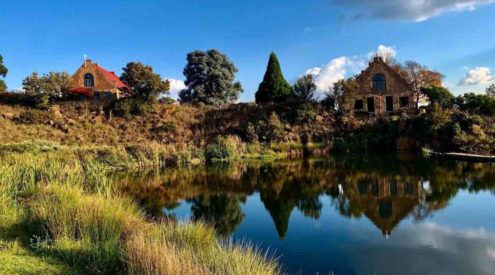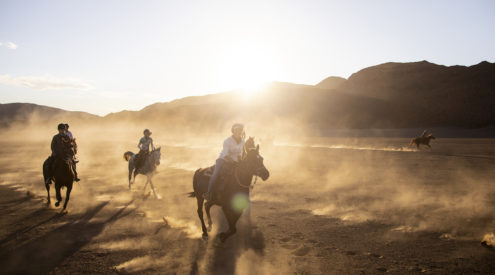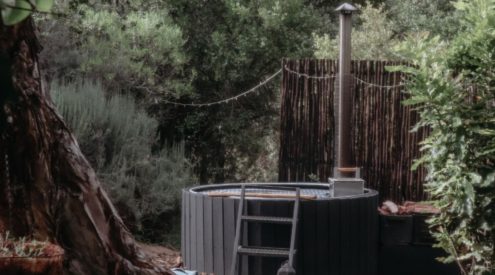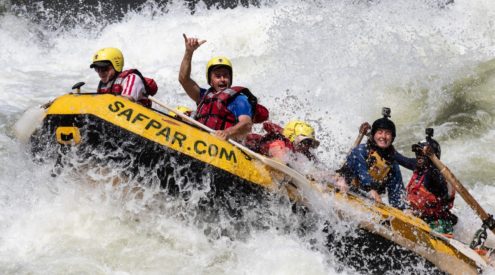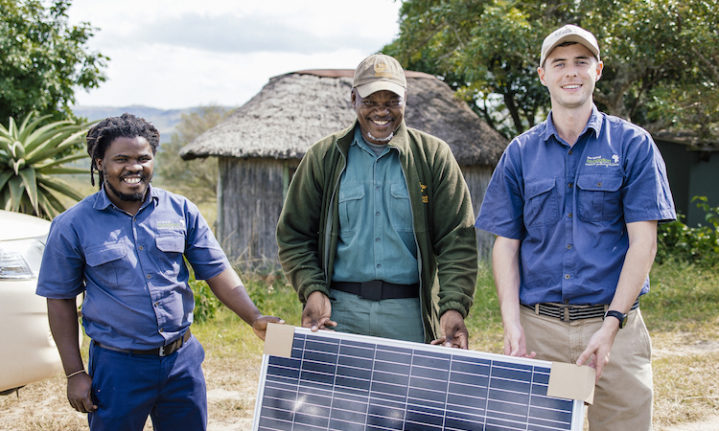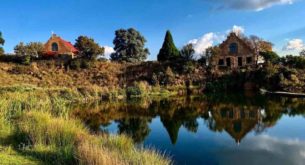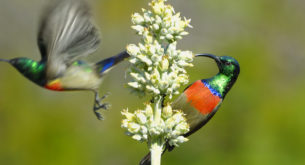The Isibindi Foundation has embarked on a campaign to assist the Ezemvelo KZN Wildlife HIP Unit in raising funds for the expansion of their K9 unit. The Isibindi foundation was created to consolidate 23 years of community and conservation projects, administrating funds and collaborating with communities and conservation authorities. The K9 unit is vital in combating rhino poachers and ensuring the survival of an iconic species.

The Hluhluwe-iMfolozi Park (HIP), established in 1895, is the oldest proclaimed game reserve in Africa, famously known for saving the Southern White Rhino. How appropriate that 50 years later in the 1950s, this park would once again save the rhino from the brink of extinction, thanks to key conservationists Dr Ian Player, Magqubu Ntombela and Nick Steele. The history of this reserve and its previous successes in saving these incredible species from extinction is extraordinary.
“Today, our African Giants are once again under massive pressure due to poaching,” says Isibindi Foundation Manager, Luke Martin. “We are witnessing the wholesale slaughter of these magnificent creatures, threatening to wipe them off the planet forever. We cannot be the generation that loses the rhino.”
“We had to do something to support those on the front-lines of the battle and are thrilled to be involved in an initiative, together with the Ezemvelo KZN Wildlife’s Hluhluwe-iMfolozi Park and other partners in the area.”
The HIP K9 Unit was relaunched in September last year, with the involvement of additional partners. This initiative has proven to be an extremely effective tool in combatting poaching. The unit currently consists of two tracking dogs named Gecko and Ghost, who are a cross between Bloodhound and Doberman, alongside their handlers.
Martin says, “the pair have been ‘on the job’ day and night protecting their fellow rhino and have already successfully tracked down several poachers before they were able to poach a rhino. Impressively, they are able to track a scent from up to 8 hours after it has been placed in a particular area.”
“The project is excellent, but it’s expensive to run and requires substantial funding on an ongoing basis,” Martin says. “The approximate cost of a trained dog is in the region of R90 000 and handler is R39 000, making the total combined cost for dog and handler R129 000.”

The Isibindi Foundation, alongside Rhino Ridge Safari Lodge, has launched a campaign to assist the Ezemvelo KZN Wildlife HIP K9 Unit in raising funds, that will be used for the expansion of the K9 unit. The goal is to add three (3) more dogs and handlers and build up sufficient funding to ensure the unit’s long-term sustainability. The Isibindi Foundation will be working together with Wildlife ACT Fund Trust in ensuring the funds are implemented effectively and for their intended purpose. Wildlife ACT, a South African based conservation NGO with a vision to save Africa’s iconic and endangered species from extinction, is a partner of Ezemvelo KZN Wildlife.
To date, the Foundation has provided solar power to the unit’s base through the generous sponsorship of the Goodyer family, as well as funding for the training of a K9 handler. Other partners who have been critical in the establishment and funding of the K9 Unit are the eThekwini Community Foundation, Wildlife ACT, Hills Pet Nutrition, Chase Valley Vets, Gerald Broadbent, Rex The Rhino, Save the Rhino International, Wild Tomorrow Fund and the Shannon Elizabeth Foundation.



